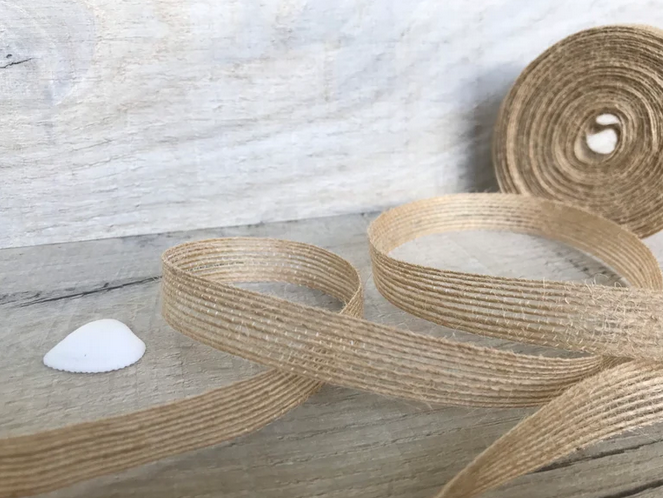Is ribbon biodegradable?
Ribbon, in its traditional form, is typically made from materials like polyester, nylon, or other synthetic fibers, which are not biodegradable. These materials can persist in the environment for hundreds of years, contributing to plastic pollution and posing a threat to ecosystems.

However, it’s worth noting that there are now options available in the market that offer biodegradable ribbons. These ribbons are specifically designed to break down naturally over time, minimizing their environmental impact. Biodegradable ribbons are typically made from natural materials that can decompose without leaving behind harmful residues.
Materials commonly used for biodegradable ribbons include organic cotton, jute, hemp, and other plant-based fibers. These materials are renewable, compostable, and do not contribute to long-term plastic pollution.
It’s important to read product labels or check with manufacturers to ensure that the ribbon you are purchasing is indeed biodegradable. Look for certifications or claims such as “biodegradable,” “compostable,” or “made from natural fibers” to ensure that you are making an environmentally friendly choice.
Choosing biodegradable ribbon over traditional synthetic ribbon can contribute to reducing plastic waste, conserving resources, and promoting a more sustainable approach to gift wrapping, crafting, and other decorative purposes.
Ultimately, opting for biodegradable ribbon is a conscious decision that can align with your commitment to environmental sustainability and contribute to a greener future.


